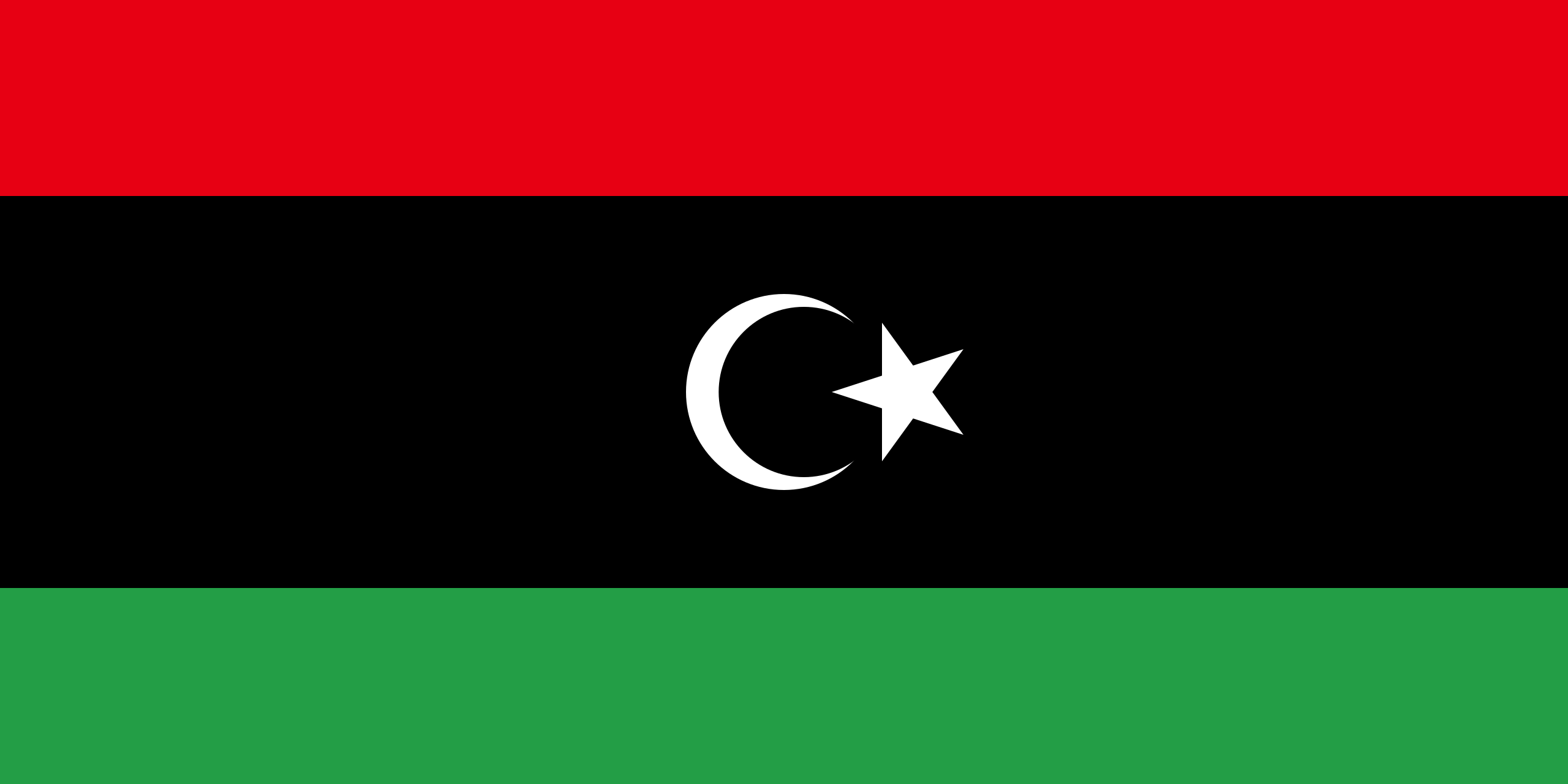Tripoli International Airport
Tripoli International Airport, with the IATA code TIP, is the primary airport serving the city of Tripoli, the capital of Libya. It has the ICAO code HLLT. However, due to the instability in the region, its operational status may vary.

International Airport with IATA & ICAO Code:
-
IATA Code: TIP
ICAO Code: HLLT
Geo Code: Latitude 32.663056, Longitude 13.159722
Domestic and International Connectivity:
Tripoli International Airport traditionally offered both domestic and international flights. Domestic flights connected Tripoli to other Libyan cities, while international routes covered various destinations in Europe, Africa, and the Middle East.
Airport Facilities:
Airport facilities typically include check-in services, baggage handling, duty-free shops, basic dining options, and a waiting area. However, these services may have been affected by the airport’s operational status.
Capital City:
Tripoli is the capital city of Libya.
Places of Tourist Sightseeing in Tripoli
(Note: These may be affected by the security situation):
Medina of Tripoli: A historic old town with narrow streets, markets, and traditional architecture.
Arch of Marcus Aurelius: A Roman triumphal arch dating back to the second century.
Red Castle (Assai al-Hamra): A historic fort that now houses a museum.
Karamanli House Museum: A museum showcasing Libyan history and culture.
Medina of Tripoli: A historic old town with narrow streets, markets, and traditional architecture.
Arch of Marcus Aurelius: A Roman triumphal arch dating back to the second century.
Red Castle (Assai al-Hamra): A historic fort that now houses a museum.
Karamanli House Museum: A museum showcasing Libyan history and culture.
Religious Places:
(Note: These may be affected by the security situation):
Gurgi Mosque: One of the prominent mosques in Tripoli.
Al-Mahary Mosque: A significant religious site in the city.
Currency: The currency used in Libya is the Libyan Dinar (LYD).
Gurgi Mosque: One of the prominent mosques in Tripoli.
Al-Mahary Mosque: A significant religious site in the city.
Currency: The currency used in Libya is the Libyan Dinar (LYD).
Local Cuisines:
Libyan cuisine typically includes dishes such as couscous, shawarma, kebabs, and various Mediterranean and North African-inspired foods. Due to the security situation, restaurant availability may vary.
Cultural Activities (Note: These may be affected by the security situation):
Explore local markets and bazaars to discover traditional products and handicrafts.
Attend cultural events, if available, to experience local music and dance.
Visit museums to learn about Libya’s history and culture.
Accommodation: The availability of hotels may be limited and may vary based on the security situation. It’s essential to check for the latest information on hotel availability and safety.
Attend cultural events, if available, to experience local music and dance.
Visit museums to learn about Libya’s history and culture.
Accommodation: The availability of hotels may be limited and may vary based on the security situation. It’s essential to check for the latest information on hotel availability and safety.
Transport Connectivity:
-
Rail: Libya has a limited railway network, primarily for transporting goods.
Road: Road transportation is the primary means of getting around, but road conditions may vary.
Metro: Tripoli does not have a metro system.
Local Transport Network: Taxis and local buses may be available for transportation within the city.
Population:
Tripoli’s population is estimated to be over 2 million.
Religion:
Islam is the predominant religion in Libya, with the majority of the population adhering to Sunni Islam.
Languages Spoken:
Arabic is the official language of Libya and is widely spoken in Tripoli. Some people may also understand and speak English and Italian, especially in the context of business and tourism. Please note that the security situation in the region can impact daily life, including the use of languages.
Disclaimer:
The information above is for reference, and we do not accept any liability for inaccuracies or updates.